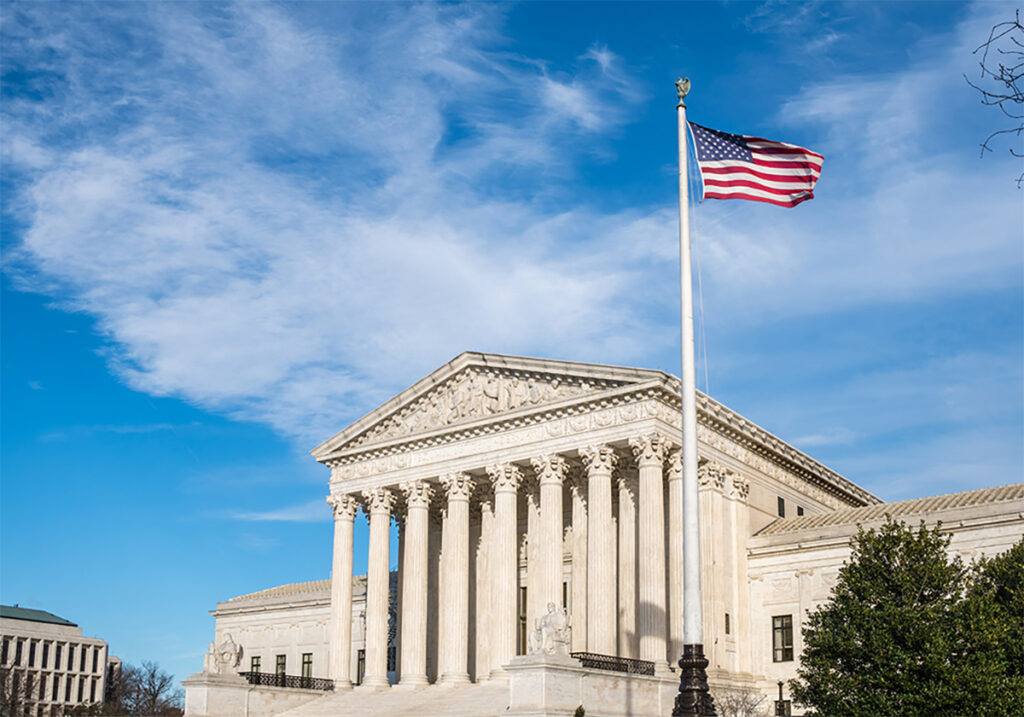Republicans might save U.S. agriculture, but it won’t help Canadian farmers

Sometimes — and maybe especially during a crisis — it’s easy to scramble for somewhere to hang your hopes, even if it’s a pretty weak hook.
I wondered if that was the case after a conversation back in February with one U.S. market expert as everyone was pondering tariff impacts for the Canadian beef sector.
It was Steve Kay’s thought that the Republican Party — historically sympathetic to agricultural interests — could help rein in the U.S.’s trade direction, given the potential fallout for U.S. producers.
Read Also


Ag sector must stay vigilant as Liberals remain in power
It’s hard to know how different Mark Carney will govern, but there are some early encouraging signs.
“We’ve got a Republican Congress in both the House and the Senate. And the Republican Party has historically been supportive of and sympathetic to the issues that U.S. agriculture and the meat and livestock industry raises,” said Kay, the California-based publisher and editor of Cattle Buyers Weekly.
I had my doubts. A number of announcements since President Donald Trump took office haven’t really lined up with that, including deep cuts to the U.S. Agency for International Development’s foreign contracts. The U.S. Department of Agriculture —another key source of agriculture grants — got a spending freeze, potentially leaving U.S. farmers counting on those federal funds in a lurch.
But Kay may be right. Trump has a history of coming to agriculture’s rescue. According to Reuters, his first administration issued a record US$217 billion in farm payments during his first term, a good percentage of which was earmarked for COVID-19 relief, but there was also aid to take the sting out of Trump’s trade spat at the time with China.
The USDA has already announced direct payments to farmers to cover losses from a trade war, and my guess is U.S. farmers will likely take the money and abandon advocacy for cancelling the tariffs.
Ironically, Canada’s best bet for stopping this trade war may be the U.S. Supreme Court. It’s stacked with Trump appointees, but it’s also rebutted his cancellation of payments to aid groups for work already performed. However, the court also tends to tread lightly on executive orders, and it’s a body that Canadians have little voice with.
So what are our options?
It’s beginning to look like a matter of waiting for Trump to change his mind (not an unusual occurrence), running out the clock on his administration while hoping Americans don’t support his plea for a third term and also diversifying away from our heavy dependence on the U.S. market.
But all that’s going to take time — time Canadian farmers can’t spare.
Jeff Melchior is a reporter with Glacier FarmMedia.
Source: producer.com


